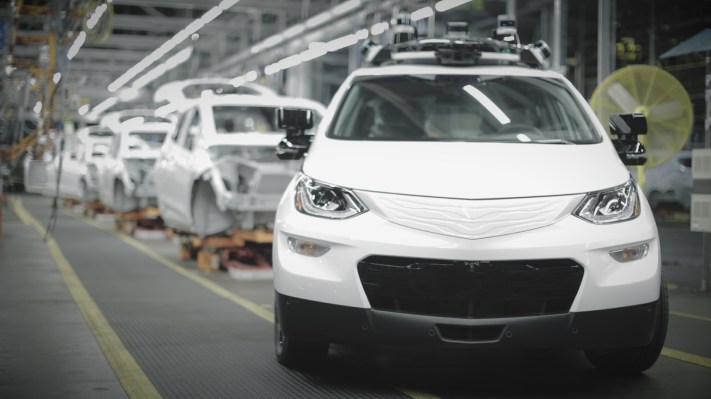
Companies that launch robotaxi services in California will be able to charge for and offer shared driverless rides as long as they can navigate a new government approval process that some in the industry argues adds unnecessary bureaucracy that could delay deployments by more than two years.
The California Public Utilities Commission approved Thursday two new programs to allow permitted companies to provide and charge for shared rides in autonomous vehicles.
The nascent automated vehicle technology industry has lobbied the CPUC for months to consider a rule change that would allow for operators to charge a fare and offer shared rides in driverless vehicles. The decision was widely cheered with some cautionary caveats.
“We are pleased that the CPUC has voted today to approve a state regulatory framework for commercial autonomous ride-hailing,” Waymo’s head of policy Annabel Chang said in an emailed statement. “This long-awaited agency action will allow Waymo to bring our fully autonomous Waymo One ride-hailing service to our home state over time. The CPUC’s decision comes at a key time as we bring more of our latest technology to San Francisco and look forward to putting our Waymo Driver to use in service to Californians.”
Companies won’t be able to start charging for rides tomorrow. Instead, these potential robotaxi operators will have to receive the proper permits from the CPUC and the California Department of Motor Vehicles AV as well as meet several reporting requirements. Companies can apply offer driverless service with or without shared rides.
Participating companies also have to submit a safety plan and quarterly reports to the CPUC with aggregated and anonymized information about the pick-up and drop-off locations for individual trips, the availability and volume of wheelchair accessible rides and service levels to disadvantaged communities. Companies also have to supply data such as the the fuel type used by the vehicles and electric, miles traveled and passenger miles traveled.
There is one primary sticking point, which Cruise raised in its submitted comments to the CPUC. Any company that wants to participate in the program will have to submit an application in the form of a “Tier 3” advice letter. Cruise argued that the Tier 3 process to obtain the deployment permit conflicts with the state’s other transportation, safety, and emissions reductions goals.
“As it currently stands, the process to acquire both Commission and DMV deployment permits may extend beyond two years — far too long considering the urgency of the need,” Cruise wrote in its submitted comments.






















